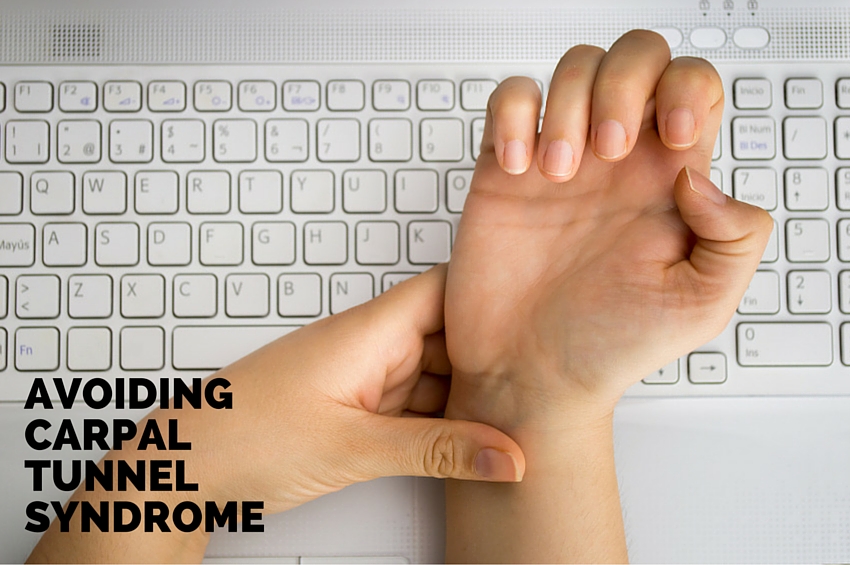For many professionals, the majority of their workday is spent at a desk, engrossed in projects and computer tasks. The associated health risks are numerous, ranging from sedentary issues to cardiac problems and eye strain due to prolonged screen time.
However, a common but often neglected issue is the potential development of carpal tunnel syndrome. This progressive condition stems from the compression of the median nerve in the wrist, leading to symptoms such as numbness, tingling, and, in advanced cases, weakness or pain rendering the hand virtually useless.
The carpal tunnel, a passageway of ligaments and bones from the forearm to the palm, houses the median nerve. Swelling in these structures, often caused by overuse injuries related to office activities like maintaining unnatural arm positions and repetitive hand movements such as typing, puts pressure on the nerve.
While women are more prone to carpal tunnel syndrome, other risk factors include naturally smaller carpal tunnel canals, metabolic disorders like diabetes, and increased pressure due to conditions like pregnancy-related water retention.
While surgery may be necessary in extreme cases, preventive measures can be taken to avoid reaching that point. Simple adjustments in the office setup, such as keeping frequently used items within reach and ensuring the keyboard is at forearm level, can be beneficial. Additionally, incorporating specific exercises into your routine can help alleviate symptoms:
- Itsy, bitsy spider: Palms together in front of your chest, fingertips against each other, slowly lower hands toward your waistline, feeling a mild stretch. Hold for 15-20 seconds and repeat.
- Wrist stretch: Extend your arm in front, palm up, and bend your wrist toward the floor with gentle assistance from your other hand. Hold for 15-20 seconds, then repeat.
- Extensor stretch: Extend your arm with the palm down, bend your wrist toward the floor, and use your other hand to enhance the stretch. Hold and repeat.
These exercises, taking only a few minutes each day, can be a proactive approach to avoiding the frustration of carpal tunnel syndrome.


